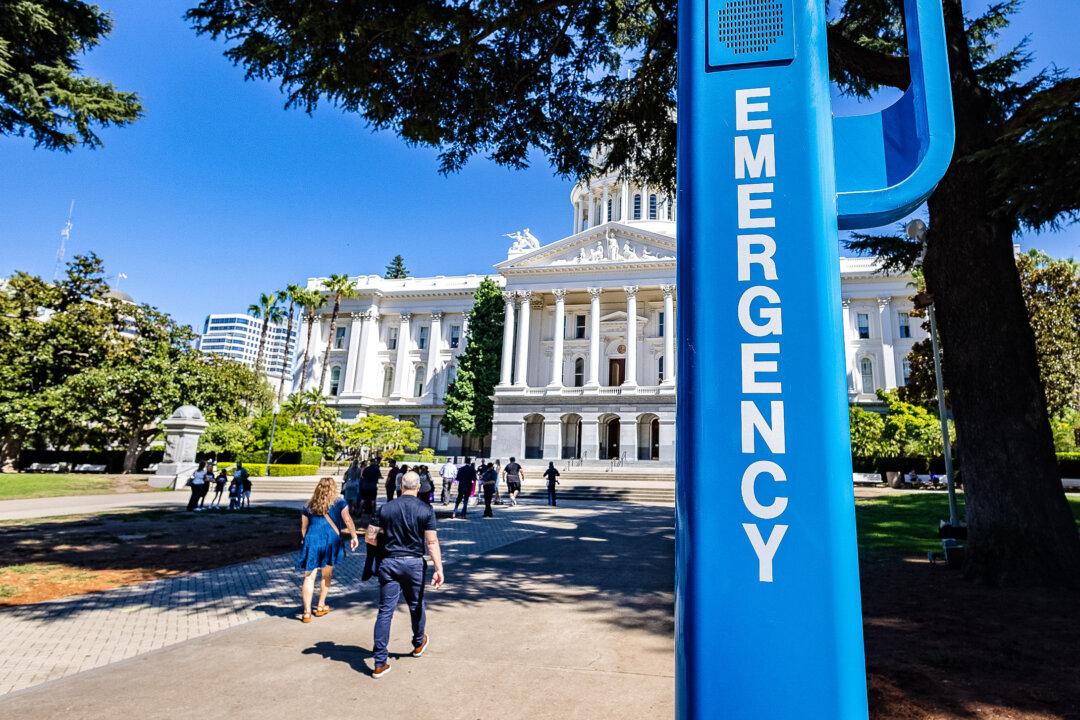Facing a $73 billion budget deficit, the California Legislature passed a proposal on April 11 to amend prior years’ budgets and reduce the spending gap by about $17.3 billion.
Included in the so-called “junior budget bill” are a combination of $3.6 billion in reductions, $5.2 billion in new revenue and borrowing, $3.1 billion in delays, $2.1 billion in deferrals, and about $3.4 billion in cost shifts from the state’s general fund to other funding sources.





